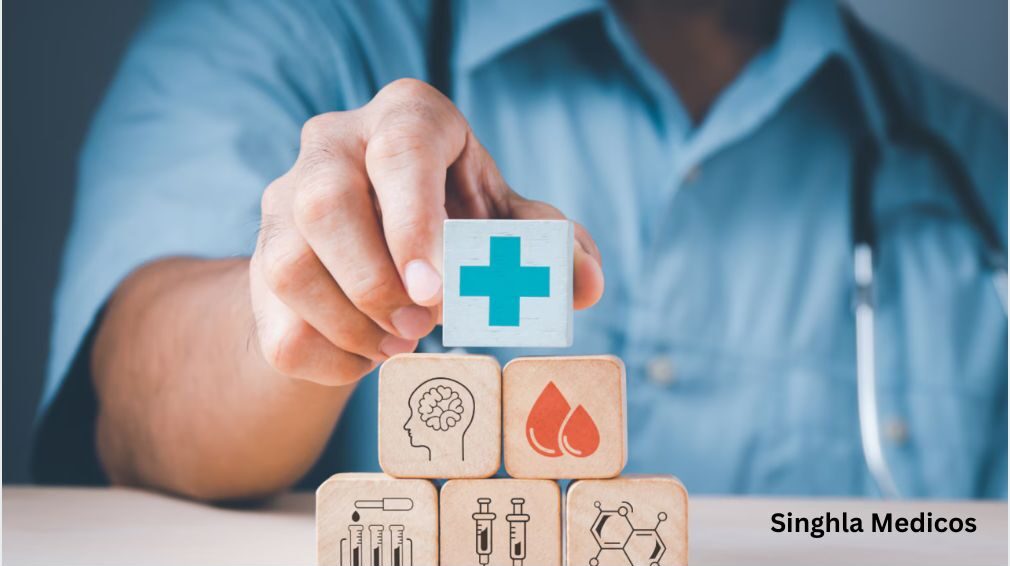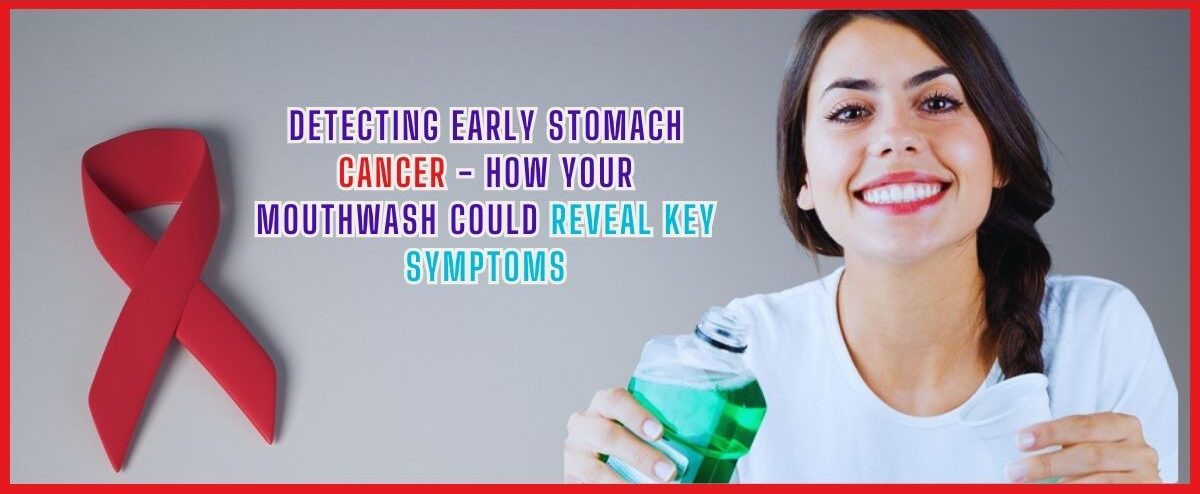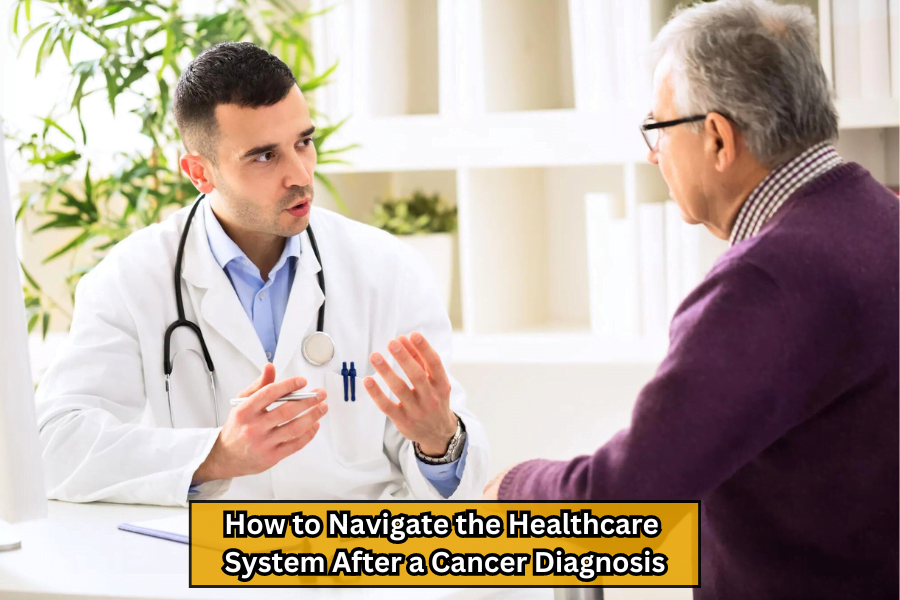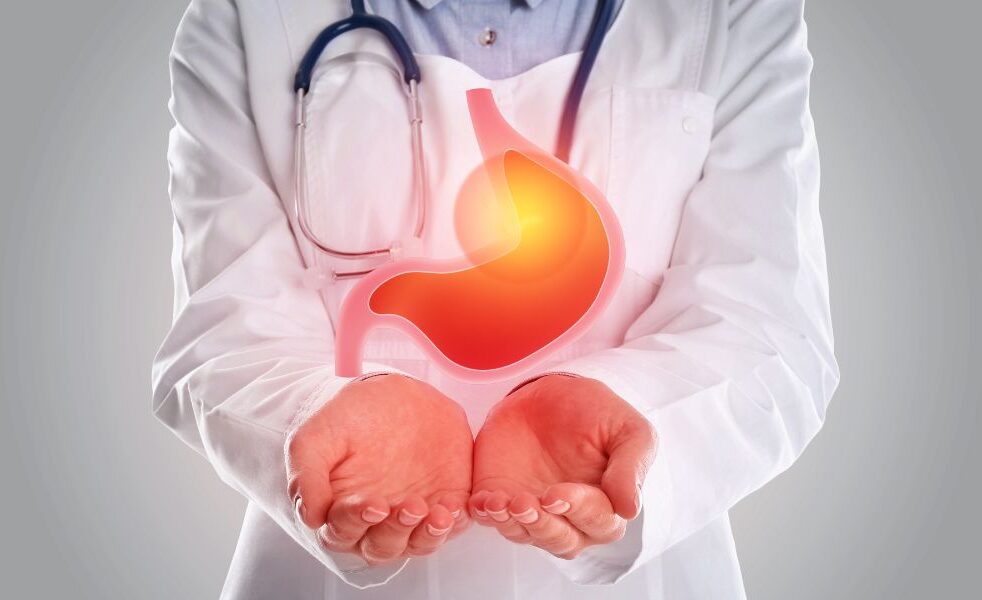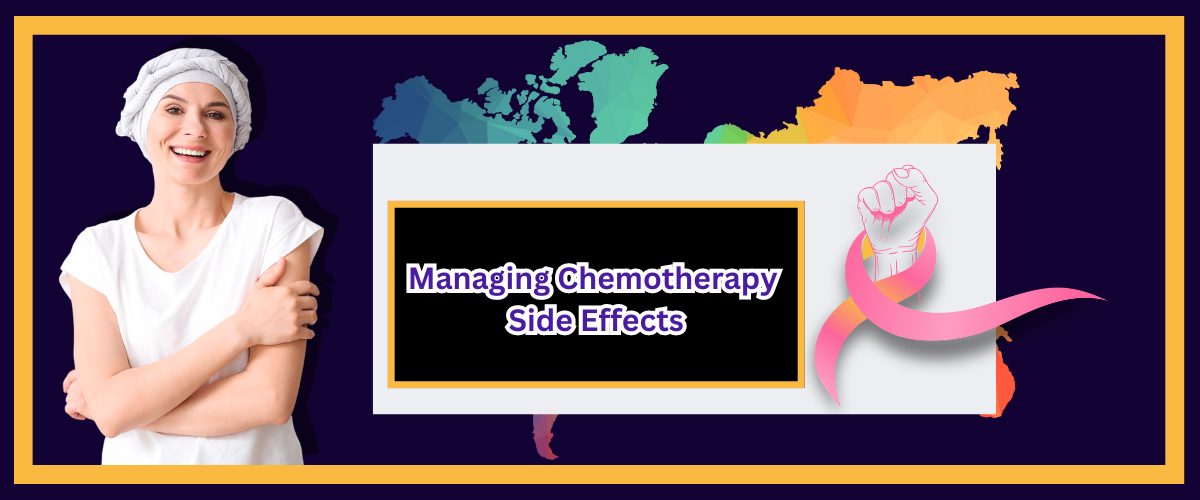BLOG
Overcoming Cancer Drug Resistance: Strategies & Solutions

Cancer treatment has made significant strides over the years, but one of the most formidable obstacles in the fight against cancer is drug resistance. When we talk about cancer drug resistance, we’re referring to the ability of cancer cells to withstand the effects of the drugs designed to kill or weaken them. This resistance can dramatically reduce the effectiveness of treatment, leaving patients and doctors facing an uphill battle.
What is Cancer Drug Resistance?
Imagine you’re in a war against an enemy that keeps evolving. Every time you find a new strategy or weapon, the enemy adapts, making your efforts less effective. That’s what happens with cancer drug resistance. Cancer cells are notorious for their ability to mutate and adapt to survive in the face of treatment. This resistance can develop in two primary ways:
- Intrinsic Resistance: Some cancer cells are naturally resistant to certain drugs from the start. This means that even before treatment begins, these cells have mechanisms in place that make them less vulnerable to the effects of chemotherapy or targeted therapies.
- Acquired Resistance: Over time, cancer cells can develop resistance to a drug they were initially sensitive to. This happens when the cells adapt, mutate, or activate alternative pathways that allow them to survive despite the treatment.
How Does Drug Resistance Affect Cancer Treatment?
The development of drug resistance is a significant setback in cancer treatment. Here’s how it impacts the overall efficacy of therapy:
- Reduced Effectiveness of Treatment: When cancer cells become resistant to a drug, that treatment becomes less effective or even useless. This means that the cancer can continue to grow and spread despite the ongoing treatment.
- Increased Need for Combination Therapies: To combat resistance, doctors often need to use a combination of drugs. While this can sometimes be effective, it also increases the risk of side effects and can make treatment more complex.
- Higher Costs: With the need for more complex treatment regimens, the cost of cancer care can skyrocket. This not only puts a financial burden on patients and their families but also on healthcare systems.
- Limited Treatment Options: Once resistance develops, the options for treatment become more limited. Patients may find that they have fewer effective therapies to choose from, especially if they’ve already tried multiple treatments.
Why Does Drug Resistance Happen?
Cancer cells are incredibly resilient and have a variety of strategies to resist drugs. Some of the key mechanisms include:
- Gene Mutations: Cancer cells can mutate, altering the target that a drug is designed to attack. If the drug can no longer bind to or affect its target, it becomes ineffective.
- Efflux Pumps: Some cancer cells develop pumps that actively push drugs out of the cell before they can do any damage.
- Cellular Repair Mechanisms: Cancer cells can enhance their ability to repair the damage caused by drugs, effectively neutralizing the treatment.
- Alternative Pathways: If one pathway that promotes cancer cell survival is blocked by a drug, the cells can sometimes activate a different pathway to achieve the same goal.
Overcoming Drug Resistance: The Future of Cancer Treatment
While cancer drug resistance is a significant challenge, it’s not insurmountable. Researchers are working tirelessly to develop new strategies to overcome this obstacle. Some of the promising approaches include:
- Personalized Medicine: By understanding the specific genetic makeup of a patient’s cancer, doctors can tailor treatments that are more likely to be effective and less likely to encounter resistance.
- Targeted Therapies: These drugs are designed to target specific molecules involved in cancer growth and survival, making them more precise and potentially less prone to resistance.
- Immunotherapy: By harnessing the power of the immune system, immunotherapy can help the body recognize and attack cancer cells, even those that have become resistant to other treatments.
- Combination Therapies: Using a combination of drugs with different mechanisms of action can make it harder for cancer cells to develop resistance.
- Nanotechnology: Researchers are exploring the use of nanoparticles to deliver drugs directly to cancer cells, reducing the chances of resistance and minimizing side effects.
Conclusion
Cancer drug resistance is one of the most significant challenges in modern oncology, but it’s a challenge that the medical community is determined to overcome. Through ongoing research, innovative treatments, and a deeper understanding of how resistance develops, there is hope that we can continue to improve the effectiveness of cancer therapies. For patients and their loved ones, staying informed and working closely with healthcare providers is essential in navigating the complexities of cancer treatment.
As we continue to make progress, the fight against cancer becomes less daunting, and the possibility of overcoming drug resistance becomes more achievable. By staying vigilant and embracing new advancements, we can ensure that cancer treatments remain effective and that hope continues to flourish in the face of adversity.
FAQ About Cancer Drug Resistance
Q. What is cancer drug resistance, and why does it occur?
Answer: Cancer drug resistance occurs when cancer cells adapt to survive and continue growing despite treatment with chemotherapy or other drugs. This resistance can be intrinsic (present before treatment) or acquired (developed during treatment). It happens due to various mechanisms, such as gene mutations, efflux pumps that remove drugs from the cells, or activation of alternative survival pathways by the cancer cells.
Q. How does drug resistance impact my cancer treatment?
Answer: Drug resistance can significantly reduce the effectiveness of your cancer treatment. This means that the drugs you're taking may no longer work as well or may stop working entirely. As a result, your healthcare team may need to adjust your treatment plan, possibly combining different drugs, trying new therapies, or exploring alternative approaches to manage the disease.
Q. Can drug resistance be prevented?
Answer: Preventing drug resistance is challenging because cancer cells are highly adaptable. However, certain strategies can reduce the risk or delay its onset. These include personalized medicine, which tailors treatment based on your specific cancer type and genetics, and combination therapies that use multiple drugs to target cancer cells in different ways, making it harder for them to develop resistance.
Q. What are the signs that my cancer treatment is no longer working due to drug resistance?
Answer: If your cancer treatment is becoming less effective due to drug resistance, you might notice signs such as the return or worsening of symptoms, new symptoms appearing, or your cancer markers (as measured in blood tests) increasing. Your doctor may also detect signs through imaging tests or biopsies. If resistance is suspected, your treatment plan will likely be reassessed.
Q. What options do I have if my cancer becomes resistant to treatment?
Answer: If your cancer becomes resistant to treatment, your healthcare team may explore several options. These might include switching to a different drug, trying a combination of therapies, enrolling in a clinical trial for experimental treatments, or using newer approaches like immunotherapy or targeted therapy. The best option depends on your specific situation, and your doctor will guide you through the available choices.
related product
-
 Asviia Injection
Asviia Injection
₹22,401.00Original price was: ₹22,401.00.₹16,100.00Current price is: ₹16,100.00. -
 Bdpazo 400mg Tablet
Bdpazo 400mg Tablet
₹3,510.00Original price was: ₹3,510.00.₹2,850.00Current price is: ₹2,850.00. -
 Bevacirel 400mg Injection
Bevacirel 400mg Injection
₹56,889.56Original price was: ₹56,889.56.₹12,500.00Current price is: ₹12,500.00.
Chemotherapy Drugs for Stomach Cancer
-
Posted by
admin
- 0 comments
Celebrating World Health Day: Prioritizing Global Wellness in a Post-Pandemic World
-
Posted by
admin
- 0 comments
Common Monsoon Diseases & Prevention Tips: Stay Healthy
-
Posted by
admin
- 0 comments
The Impact of Aging on Cancer Risk and Treatment
-
Posted by
admin
- 0 comments
Detecting Early Stomach Cancer: How Your Mouthwash Could Reveal Key Symptoms
-
Posted by
admin
- 0 comments
Lung Cancer Causes Symptoms & Treatment
-
Posted by
admin
- 0 comments
How to Navigate the Healthcare System After a Cancer Diagnosis
-
Posted by
admin
- 0 comments
Understanding Stomach Cancer: Causes, Symptoms, and Treatment Options
-
Posted by
admin
- 0 comments
Fight Breast Cancer With Advanced Treatment
-
Posted by
admin
- 0 comments
Managing Chemotherapy Side Effects: Your Comprehensive Guide to Navigating Treatment Challenges
-
Posted by
admin
- 0 comments
Top 5 Cancer Hospitals in Mumbai: Leading the Fight Against Cancer
-
Posted by
admin
- 0 comments
Stay Away From These 10 Cancer-Causing Foods
-
Posted by
admin
- 0 comments


